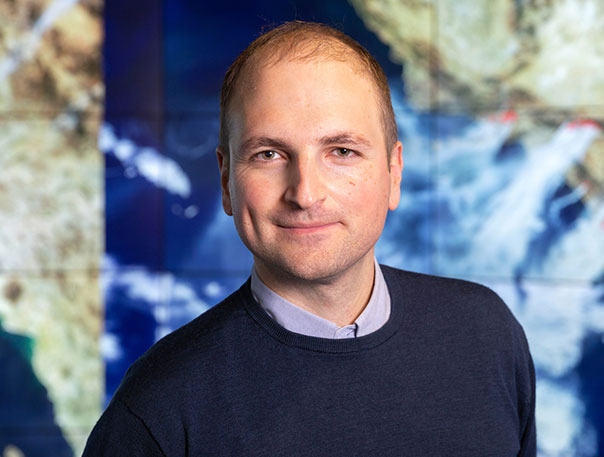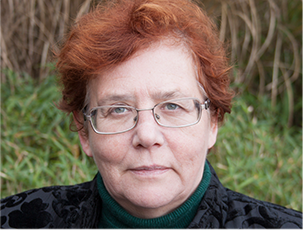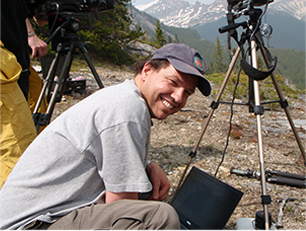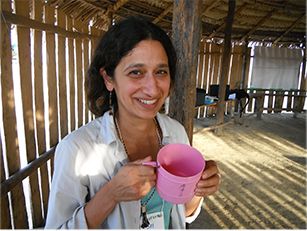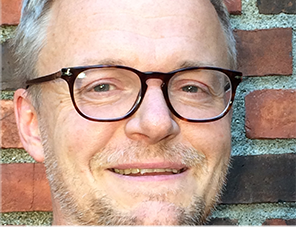Dr Cathy Smith

“Fire touches on many important questions and themes. In particular, I’ve used it as a lens to explore broader issues around environmental justice and the legacies of colonialism”
Which area of fire science do you specialise in?
I’m interested in controlled fire use within rural livelihoods around the world, for example for agriculture, pastoralism, hunting and gathering. Anthropogenic fire can be of cultural and ecological importance, and reduce wildfire risk, but recent centuries have seen unjust ‘zero fire’ policies in many countries. Previously I’ve worked in Belize, but I hope to start working in Scotland in coming years.
What do you like about working in fire science?
Fire defies lots of boundaries. Because fire research crosses the natural and social sciences it opens lots of opportunities to collaborate and learn from others. Fire touches on many important questions and themes. In particular, I’ve used it as a lens to explore broader issues around environmental justice and the legacies of colonialism.
What challenges have you faced in getting to where you are now?
I recently finished my PhD. Working on a long-term project like that is always challenging and sometimes lonely. But, in general, coming from the UK, I have been very lucky with many resources and opportunities to access education and start a research career. I wish there was this kind of support for everyone, especially my collaborators in the Global South.
What do you like to do outside of work?
My biggest hobbies are rock climbing and cooking, though both have taken a bit of backseat since I had my first child last year!
Do you have any advice to give women wanting to pursue a career in science?
For me, having a bit of time working outside academia has been a very important driver in finding ‘real world’ questions, issues, and communities that I care about and want to dedicate research to. Academia can be isolating and isolated, so having those connections is important.
Dr Cathy Smith is a post-doctoral researcher in Indigenous and local knowledges, based at Royal Holloway, University of London
Read about other women in the Centre


